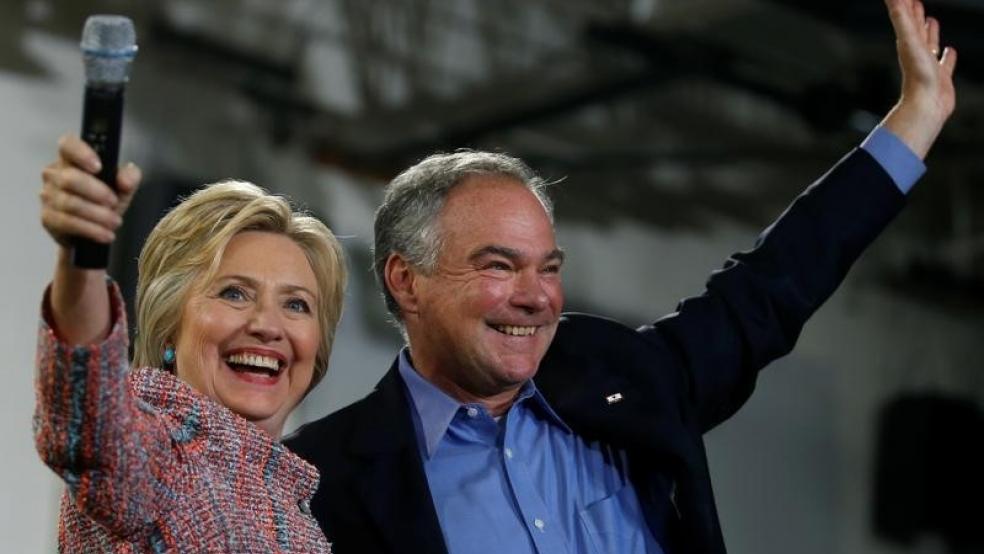Wall Street titans from Carl Icahn to George Soros and Bill Gross have pooh-poohed the stock market’s recent rise and are increasing their bearish bets. Brokerages like Goldman Sachs and Barclays Capital have been sounding notes of caution. Corporate insiders like Jeff Bezos are selling. Individual investors have been steadily selling.
So why are stocks near record highs?
It’s certainly not because of underlying fundamentals: The ongoing corporate earnings recession is expected to last at least six consecutive quarters while GDP growth is uneven.
Related: Why It May Be Time to Buy the Stock Market’s Losers
The popular theory is that the rally has been driven by expectations the Federal Reserve will continue to hold off on any fresh interest rate hikes until December at the earliest — which, in turn, has unleashed a wave of forced short-covering buying and driven stocks higher even in the face of high valuations or rising unit labor costs.
But Gluskin Sheff economist David Rosenberg wonders if the market is instead sniffing out a victory for status quo Hillary Clinton against anti-establishment Donald Trump in November. This could, in turn, bolster the case for ongoing dovishness at the Fed.
After all, if Clinton represents "four more years" of President Obama, more or less, then Rosenberg believes this could be considered a positive for stocks merely because the policies that have been deployed have been very beneficial for corporate earnings generally and stock prices specifically.
Related: The Hot Way to Make Money Off Politics This Year
Consider that the Fed began its easing cycle nine years ago, that it has waited eight months since hiking rates in December, and that under Chair Janet Yellen stocks have risen at a 9.5 percent annualized rate. Consider also that some Fed officials, like San Francisco Fed President John Williams, suggest that even lower interest rates are needed — sentiment echoed by St. Louis Fed President James Bullard and Chicago Fed President Charlie Evans. Rosenberg notes that when the Fed has waited as long as it has after raising rates, the next move has always been a rate cut.
Compare this to Trump, who rightly criticizes current trade policies as destructive to America's middle class and favors higher tariffs and a breakup of the big Wall Street banks. He has also said he would replace Yellen and has warned of market bubbles and the risks of keeping interest rates too low for too long.
Related: Trump’s Anti-Trade Populism Is the Opposite of What Made America Great
Add it all up, according to Rosenberg, and "maybe, just maybe, the market has woken up to the reality that a Hillary win in November means an extension of Janet's tenure at the Fed — and that is why the S&P 500 has been rising tick for tick with Mrs. Clinton's polling results in recent weeks."
Another angle of argument is that Federal Reserve officials are consciously or subconsciously doing what they can to support Clinton by keeping stocks high and keeping voters happy and optimistic about Obama's legacy. Since 1928, the moves in the stock market prior to an election have predicted the fortunes of the incumbent party with 86 percent certainty, according to InvesTech Research.
Related: Warren Buffett Scolds Donald Trump: Have You No Sense of Decency, Sir?
Ed Yardeni at Yardeni Research notes that the Fed already has a history of laying low ahead of presidential elections before resuming rate hikes.
Moreover, he believes that of the five Fed governors in Washington D.C., three are obviously Democrats (including Yellen) and two have clear ties to the Clintons. Examples of the former include Lael Brainard, who made headlines in March for donating $750 of her own money to Clinton's campaign and has worked under both the Clinton and Obama administrations.
Maybe it's time for the traders on the floor of the NYSE to start wearing "Stronger Together" t-shirts.






